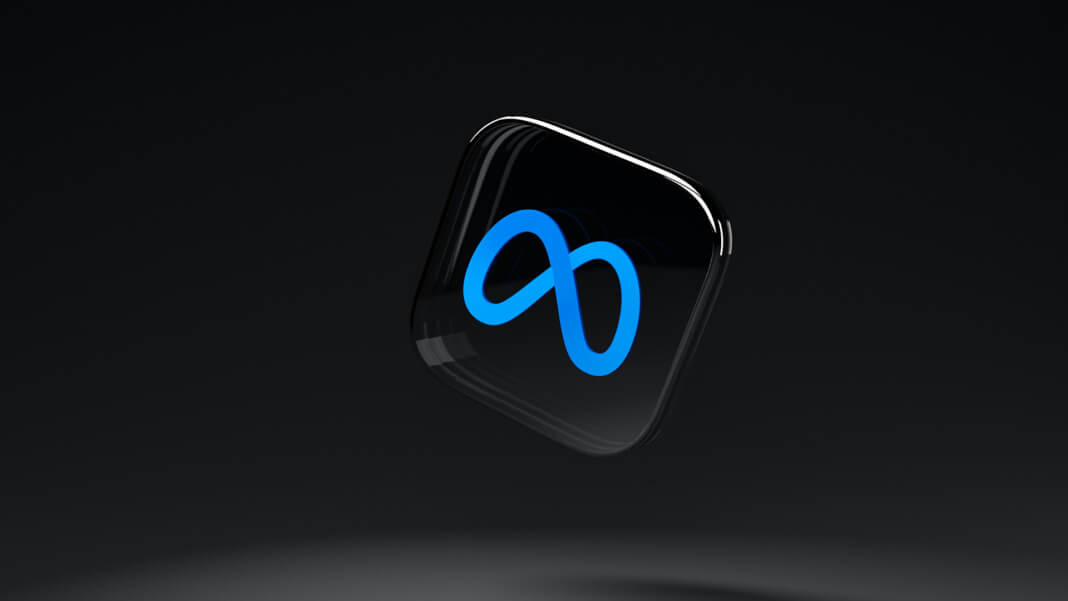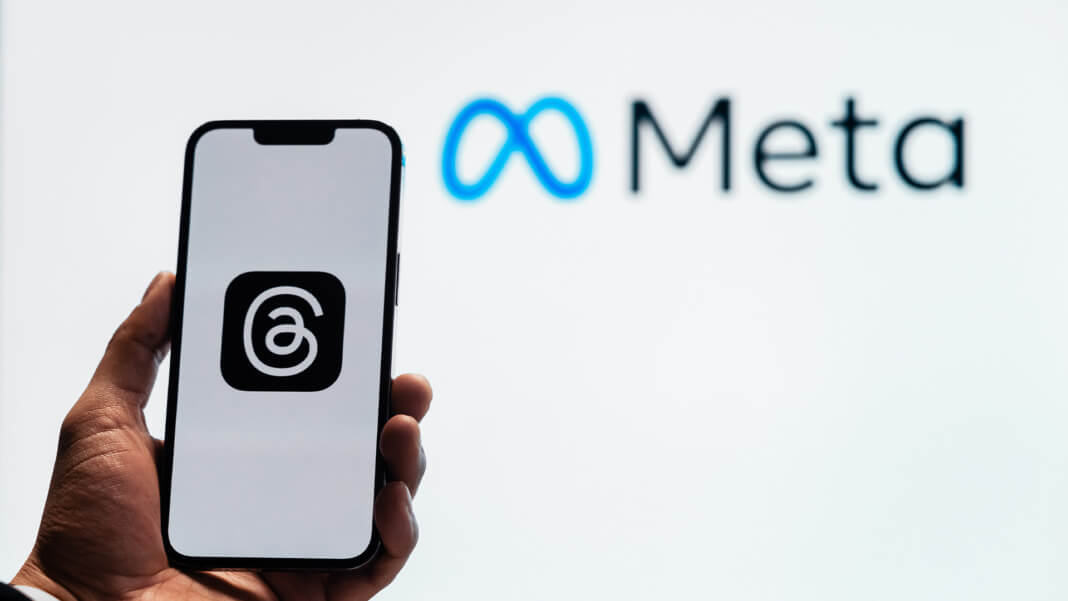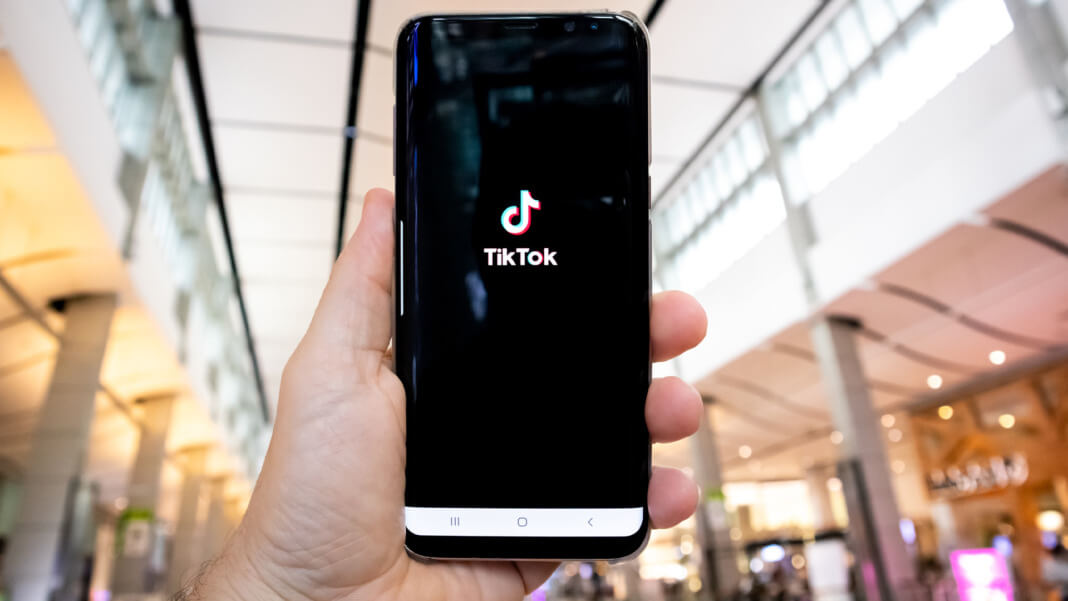A noticeable trend in social media is leaning towards favouring users who pay for subscription packages. Platforms like X Premium and Snapchat+ are already offering perks that push paying users’ content to the forefront. Now Meta, the company behind Facebook, seems to be testing similar waters. A new feature under consideration would allow users to prioritise comments from Meta Verified accounts.
The logic behind prioritising paid engagement
According to app researcher Radu Oncescu, Meta is tinkering with a reply filter that lets users focus on interactions from those who pay for subscriptions. The thought process behind this is simple: paying users are likely to be real people and not bots. Elon Musk has expressed similar sentiments, advocating for subscriptions as a way to avoid fake engagements. This can help you sift through the noise and interact more meaningfully on the platform.
#Facebook is testing a new filter for comments, “Meta Verified”. @MattNavarra pic.twitter.com/LGUD9yjEJ0
— Radu Oncescu (@oncescuradu) October 4, 2023
However, there’s a downside. This approach is inadvertently creating a two-tier system within social platforms. In developed countries where US$12 a month is affordable, it might not raise eyebrows. But in emerging markets like India, which boasts the highest number of Facebook users, the divide between the haves and have-nots could grow significantly.
Is Meta really offering more exposure?
Unlike other platforms that visibly elevate comments from paying users, Meta’s approach appears more subtle. Users will have the option to segregate subscriber comments, but there’s no guarantee these will automatically gain more visibility. Meta has toyed with the idea of increasing reach for verified profiles but scrapped it shortly after. That said, it is rolling out expanded exposure options in its Verification for Business package. This package, currently under trial in New Zealand, is priced at US$21 per month.
There’s also a wider issue to consider. As people shy away from posting publicly and instead opt for private messaging, the effectiveness of such a priority system comes into question. If you’re already posting less, knowing that your content may get lost in the clutter unless you pay could further deter you from engaging on the platform.
The original allure of social media was the democratisation of conversation; the ability for anyone, from any background, to share the stage with high-profile individuals. As platforms increasingly monetise interactions, this utopian vision seems to be at risk. While it’s a challenging problem with no easy solutions, the introduction of financial barriers in social spaces needs to be carefully scrutinised for its long-term effects.





